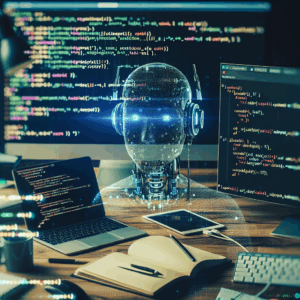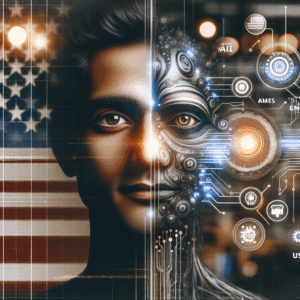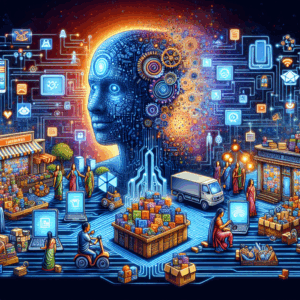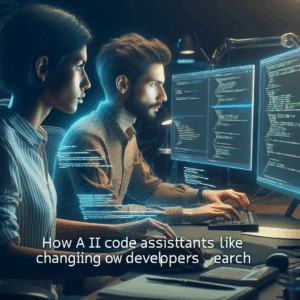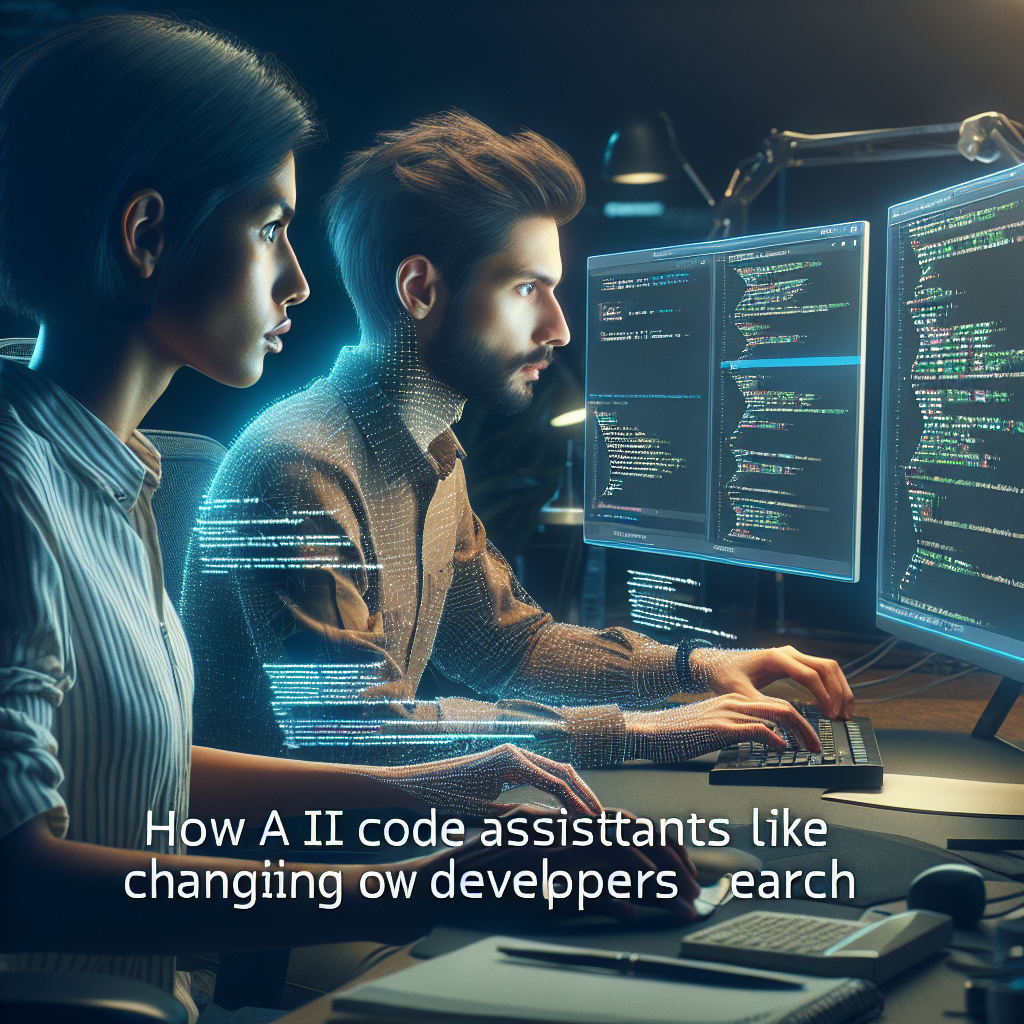
What if the way developers solve coding problems tomorrow depends less on Google, and more on artificial intelligence tools like GitHub Copilot today? AI code assistants are changing not just how code gets written, but also how programmers search, learn, and collaborate. This article dives into how these tools are transforming the daily workflow of modern software development.
Meet Priya, a backend engineer in Bengaluru. She used to spend hours scouring forums and Stack Overflow for obscure error messages and best practice snippets. Now, she relies on Copilot, which understands context and suggests accurate code solutions right inside her editor—saving her time and minimizing frantic web searches.
What’s happening?
AI-powered code assistants like GitHub Copilot, Amazon CodeWhisperer, and Google’s Gemini are being integrated directly into popular code editors. These sophisticated tools analyze the developer’s context, predict the next lines, offer entire functions, and even debug in real-time. As a result, programmers increasingly turn to in-editor suggestions rather than typing questions into search engines.
Why does it matter?
- Search Behavior Shift: Developers’ reliance on traditional search engines for code queries is declining as AI tools deliver context-specific answers instantly.
- Efficiency Gains: With relevant code suggestions in real time, teams can accelerate development cycles and reduce context-switching.
- Knowledge Gaps: New programmers risk losing the habit of deep-diving documentation or community wisdom, leaning instead on AI-generated solutions—which might not always be optimum.
- Privacy Concerns: Using cloud-powered AI assistants raises questions about sensitive code and proprietary data being transferred offsite for analysis.
- Changing Learning Curves: Coding education is evolving fast, focusing more on problem-solving and tool mastery rather than memorization.
What’s next?
Watch for industry-wide debates as software giants and open-source communities evaluate the risks and rewards of pervasive in-editor AI. Upcoming updates from tech conferences, and likely announcements about API expansions and privacy policies, will further shape how developers search for, and trust, code suggestions. Stakeholders will continue to question the ethical implications and long-term impact on developer skills and knowledge sharing.
How do you feel about this shift from search engines to AI-assisted coding? Do you worry about the effects, or welcome the increased speed? Tell us what you think in the comments!
In summary: AI code assistants are revolutionizing how developers search, learn, and write code. As these tools reshape workflows, they spark debates on efficiency, privacy, and the changing nature of programming itself. Stay informed and share your thoughts—it’s your future in code!


